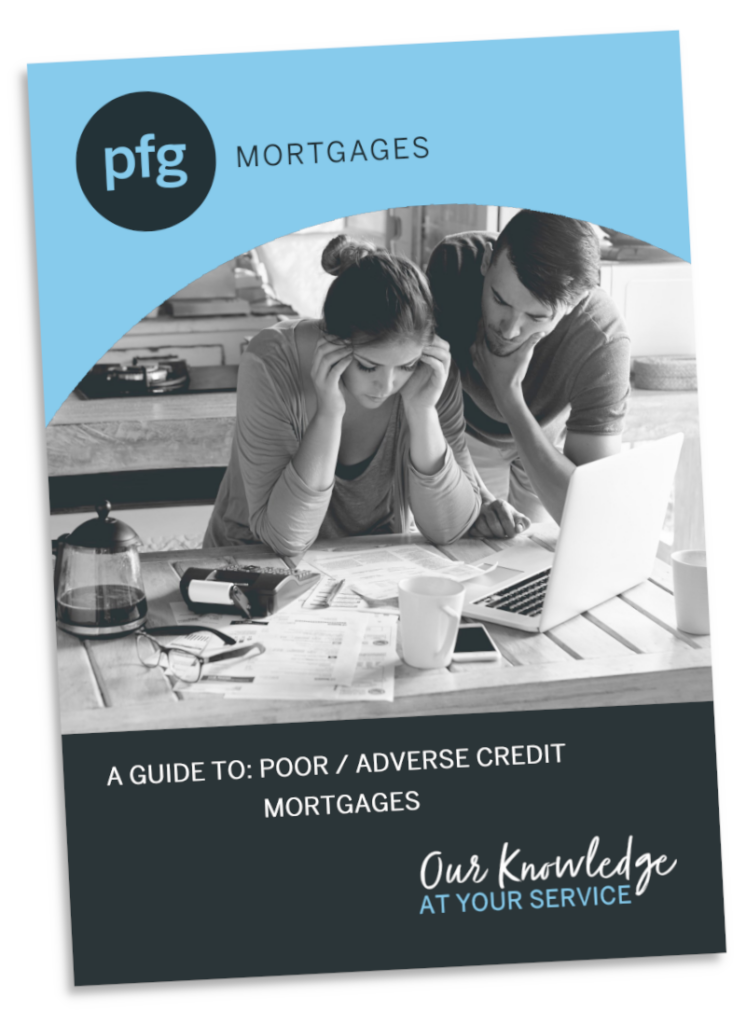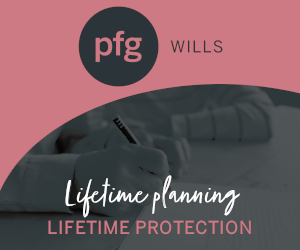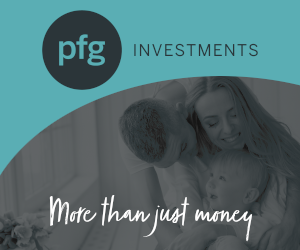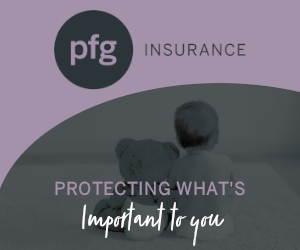Poor and Adverse Credit Mortgages
PFG Mortgages specialises in Poor and Adverse Credit Mortgage lending
We are 100% independent and can advise on products
across the whole mortgage market
Our 5* rated team are always on hand to help
With you from application to completion and beyond
More than just Mortgages we offer advice on Insurance, Wills, & Investments
Please get in touch today for a no-obligation conversation about how we can help
find you the best mortgage for your needs.
Navigating the Maze: A Guide to Poor and Adverse Credit Mortgages
Owning a home is a cherished dream, but for those with poor or adverse credit, the path to homeownership can seem daunting. However, it’s far from impossible! With knowledge and preparation, you can navigate the mortgage maze and unlock the door to your dream home.
Understanding Poor and Adverse Credit:
• Poor credit: A credit score below 600 generally falls under “poor credit.” This typically includes missed payments, a high debt-to-income ratio, and limited credit history.
• Adverse credit: Refers to more severe credit issues like foreclosures, bankruptcies, or past-due tax liens.
Types of Mortgages for Poor/Adverse Credit:
• FHA loans: Backed by the Federal Housing Administration, these loans require lower credit scores (minimum 500-580) and lower down payments (3.5%).
• VA loans: For eligible veterans and active-duty military, VA loans offer favorable terms with no minimum credit score requirement and often no down payment needed.
• USDA loans: Designed for rural property purchases, USDA loans can have lenient credit requirements and often don’t require a down payment.
• Non-prime loans: Offered by private lenders, these loans cater to borrowers with poor credit but often come with higher interest rates and stricter terms.
Qualifying for a Poor/Adverse Credit Mortgage:
• Seek professional guidance: Consult our team who specialises in bad credit mortgages, with access to the whole of the mortgage market we can help find you the best options that suit your requirements and help navigate the paperwork with you.
• Gather Documents: Organize tax returns, income statements, proof of assets, and bank statements.
• Improve Your Credit Score: Use our recommended service from Check My File to work out where you can help work on raising your credit score before applying. Dispute errors, pay down debt, and consider credit counseling.
• Larger Down Payment: A larger down payment can offset your lower credit score and make you a more attractive borrower.
• Stable Income: Demonstrate consistent income and employment history to build trust with lenders.
Overcoming Challenges:
• Higher Interest Rates: Expect higher interest rates compared to borrowers with good credit. Consider a shorter loan term to minimize the total interest paid.
• Stricter Requirements: Lenders may impose stricter terms like co-signers or private mortgage insurance.
• Longer Approval Process: Be prepared for a longer and more detailed loan approval process due to additional scrutiny.
• Improve your Credit Score: Before applying, it can be wise to do all you can to help improve your credit score and chances of getting your application accepted.
How can you improve your credit rating?
The best way to improve your rating is to stay on top of your finances. Try to:
• Always make credit payments on time
• Stick to your credit limit, and don’t go over it
• Use a credit card responsibly
• Get on the Electoral Register
• Settle any outstanding County Court Judgments (CCJs) or credit agreement payments that you have not paid
• Do a ‘disassociation request’ with a credit reference agency if you’re no longer in a joint account or financial agreement.
Things that affect your credit rating
Try not to do any of the below to keep your credit score as high as you can:
• Missing or making late payments
• Making too many credit applications, for example, loans or credit cards, in a short space of time
• Keep applying for credit if you’re already in bad credit
• Having joint accounts with someone with a bad credit record
• Frequently withdrawing cash from your credit card
• Moving house too often
• Keeping unused credit cards. It’s a fraud risk. Cancel them and throw them away.
Remember:
• Seek help: Don’t hesitate to call us seeking professional guidance from a mortgage broker or financial advisor is a must as we can help navigate the issues that arise and provide the correct guidance to help get your application approved.
• Don’t despair: Getting a mortgage with poor credit is attainable with planning and persistence.
• Shop around: Compare rates and terms from different lenders to find the best deal.
• Read the fine print: Understand all loan terms and fees before committing.
With dedication and proper guidance, even those with poor or adverse credit can navigate the mortgage maze and turn their dream of homeownership into reality.
Bonus Tips:
• Consider alternative housing options like renting with an option to buy or lease-to-own agreements.
• Focus on improving your credit score before re-applying for a mortgage.
• Maintain financial stability and responsible budgeting to build trust with lenders in the future.
Owning a home is within reach, even if your credit isn’t perfect. By taking the right steps and utilizing the resources available, you can unlock the door to a bright future in your own home.

Download our Poor / Adverse Credit Mortgage Guide






